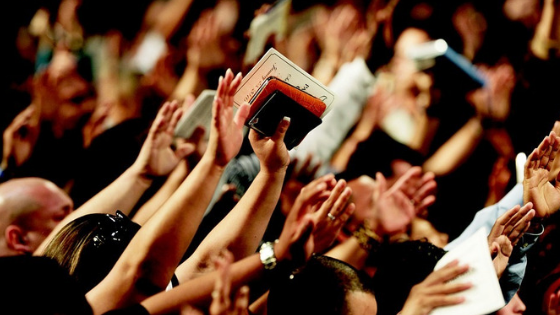The How’s and Why’s of Praise and Worship
In my previous article “The Biblical Roots of Christian Praise and Worship,” I dealt with the Tabernacle of Moses from which praise and worship in churches today had its origin. In this article, we will look at the how’s and why’s of praise and worship. Why and how should the people of God praise and … Read more

